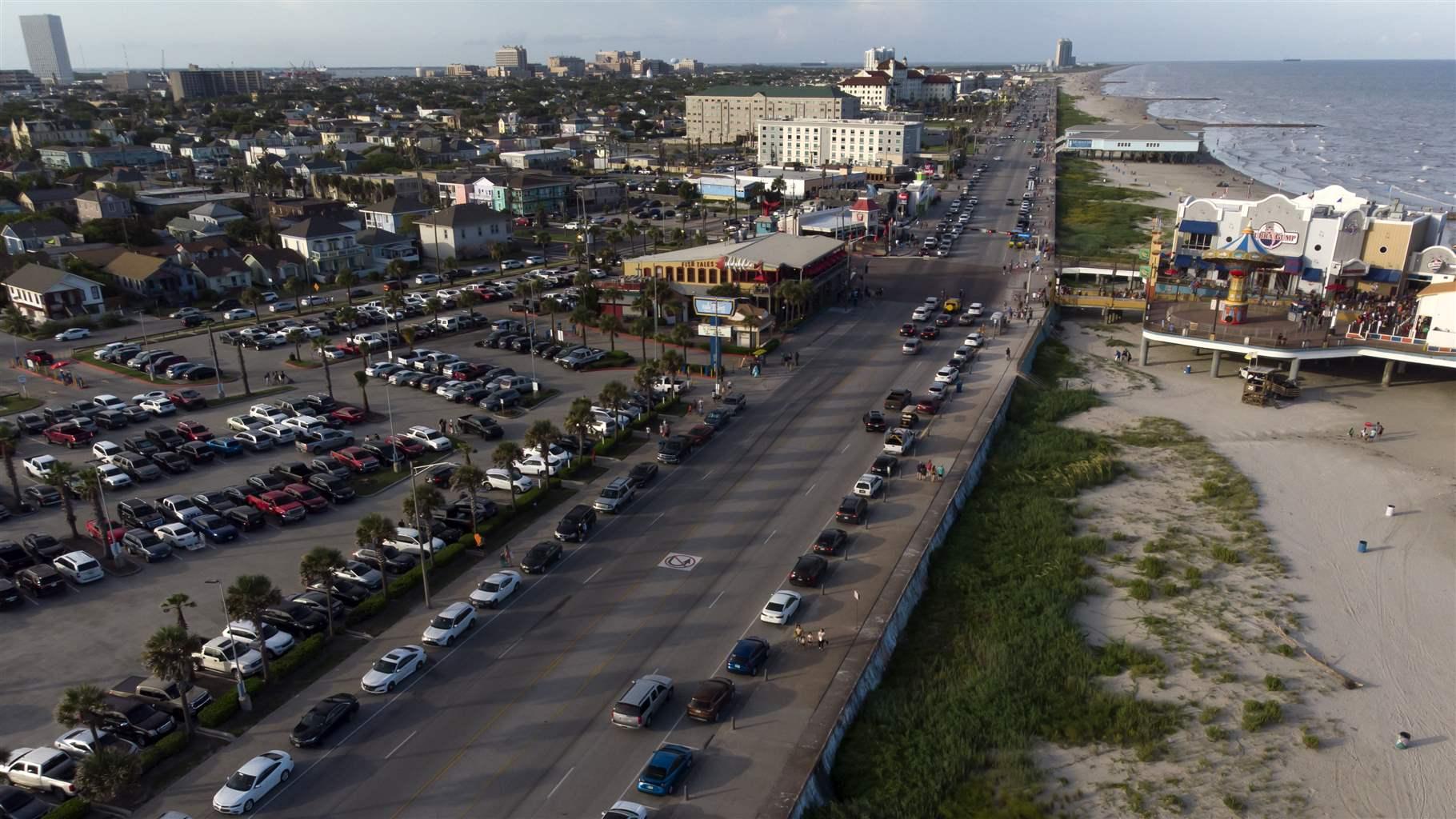Galveston Officials Announce Commitment to Improve Behavioral Health Emergency Response

City officials in Galveston, Texas, together with partner organizations and local philanthropies, recently announced a health-first multidisciplinary approach to improve emergency responses to people experiencing behavioral health and substance use disorders or crises. This approach brings together licensed mental health professionals, paramedics, and specialized law enforcement officers to jointly address the health care or social needs that are often front and center in these emergencies—and that few 911 call centers have the training to manage. Distinguished guests, including Galveston mayor Craig Brown, police, and fire chiefs gathered at City Hall chambers on June 2 to applaud the community’s support for the program, which is expected to launch in the fall.
Based on an emerging practice that piloted in Dallas in 2018 and has shown promising signs of success, the program will center on the Multi-Disciplinary Response Teams (MDRT) model to responding to calls to behavioral health emergencies. Working together, mental health professionals, paramedics, and specialized law enforcement officers can help ensure the safety of the person in crisis, others involved, and the responders themselves.
The Pew Charitable Trusts and the Texas-based Meadows Mental Health Policy Institute are participating in a national effort to transform mental health emergency responses in select communities across Texas and the United States. The Galveston initiative was made possible by the support of several local foundations that successfully generated enough funding to surpass the requirements of a “challenge grant” put forward by Pew and Meadows, and include the Moody Foundation, the Mary Moody Northen Endowment, the Permanent Endowment Fund of Moody Memorial First United Methodist Church, the Ippolito Charitable Foundation, the Harris and Eliza Kempner Fund, and the Cynthia and George Mitchell Foundation.
According to a Meadows report, Galveston lacks the resources to provide licensed clinical support for its 911 call center, or for crisis intervention and other training for officers, clinicians, and paramedics—underscoring the pressing need to begin to treat mental health conditions with a health-driven approach. The city, which has a population of a little under 51,000, plans to implement two multi-disciplinary response teams, which together should have the capacity to respond to at least 75% of the 250 mental health calls the city’s residents make annually.
Every community has its own unique identity with its own set of challenges and opportunities and will require its own version of an emergency response model, so the MDRT approach in Galveston will not look the same as it does in Dallas. But MDRT can serve as a blueprint for policymakers within Texas and beyond who want to move their crisis response systems toward a health-centered approach. Pew will continue its work with state policymakers, local officials, and national experts to identify state policy options that ultimately aim to create an evidence-based, consensus-driven set of guidelines to improve responses to emergency behavioral health situations.
Tiffany Russell directs The Pew Charitable Trusts’ mental health and justice partnerships project.











